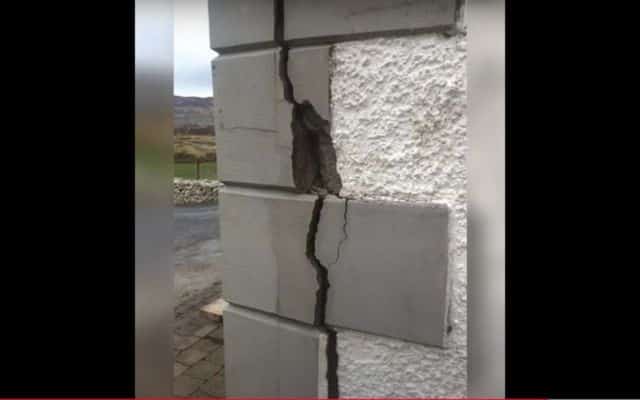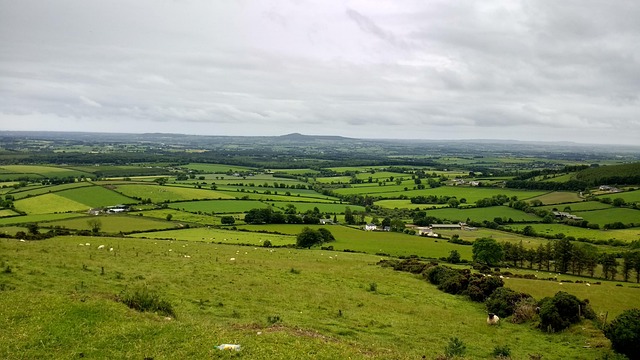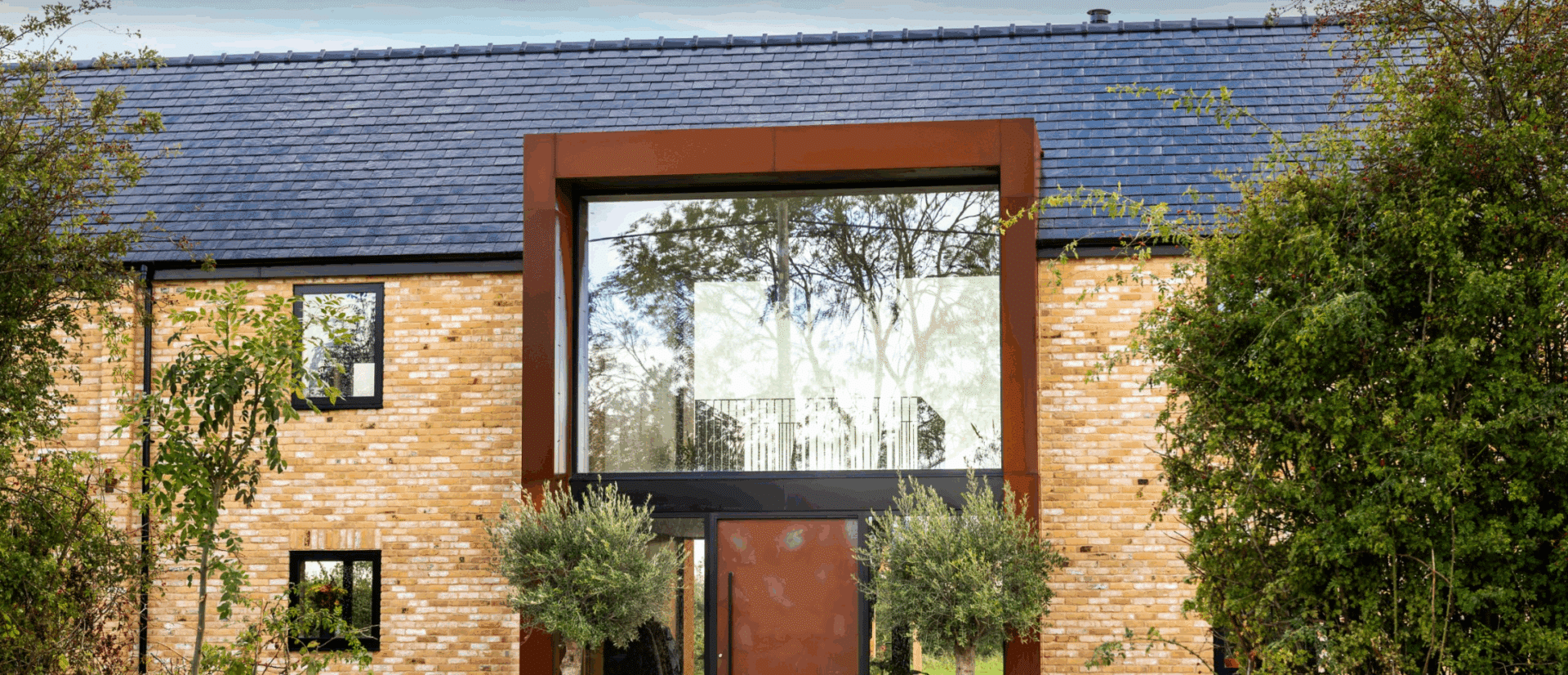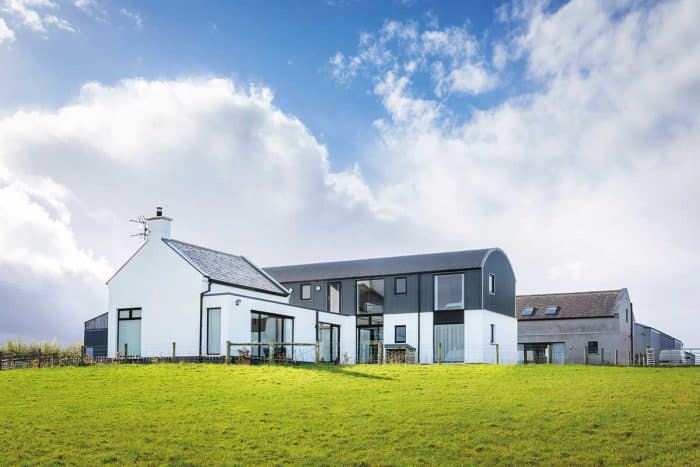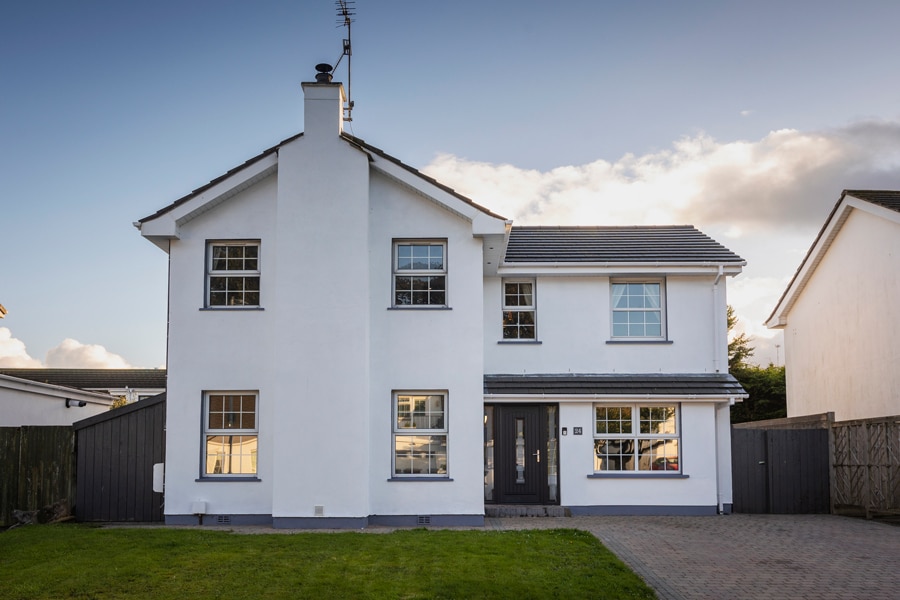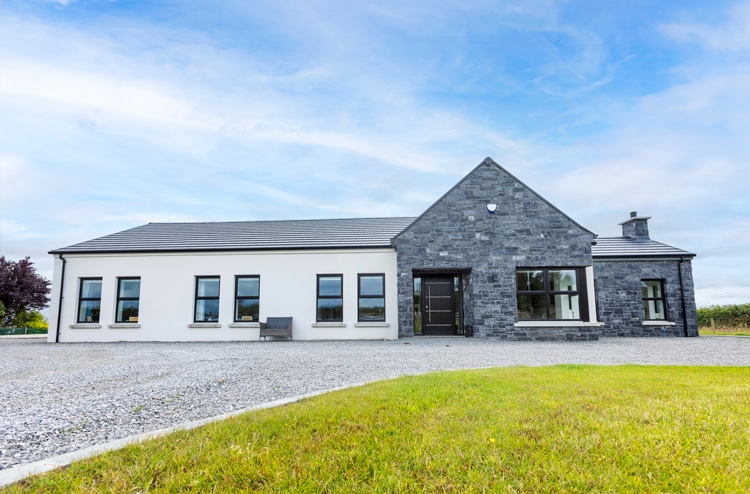A self-builder is a step closer to building his home near his organic farm after a High Court judge ordered An Bord Pleanála (ABP) to review its decision to deny him planning permission.
Bord Pleanála (ABP) showed “notable flaw[s]” in its reasoning when it turned down an appeal by an organic farmer who had applied to build a house on his landholding, ruled High Court judge Justice Barrett on 27th July.
The judge stated his ruling did not have to do with the viability of the planning application itself, but on the flawed reasoning presented by ABP. The farmer had given evidence that he had a social and economic need to build at the farm; he also demonstrated the financial viability of his holding.
Despite these submissions, An Bord Pleanála did not acknowledge them and indirectly refuted them without reason. The judge ruled the board breached its statutory duty under the Planning and Development Act 2000 by not stating the main reasons and considerations on which the decision was based.
The judge quoted a case from 2019 in which part of the ruling stated: “It is a basic element of any decision-making affecting the public that relevant submissions should be addressed and an explanation given as to why they are not accepted, if indeed that is the case.”
“This is fundamental not just of the law but also to the trust which members of the public are required to have in decision making institutions if the individuals concerned, and the public more generally, are to be expected to accept decisions with which, in some cases, they may profoundly disagree, and with those consequences they may have to live.”
The judge quashed ABP’s decision and ordered the case to go back to ABP for “fresh consideration”.


